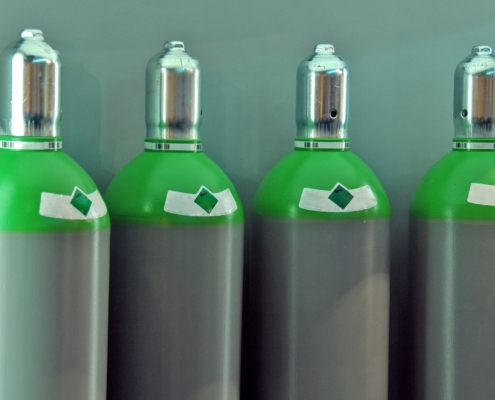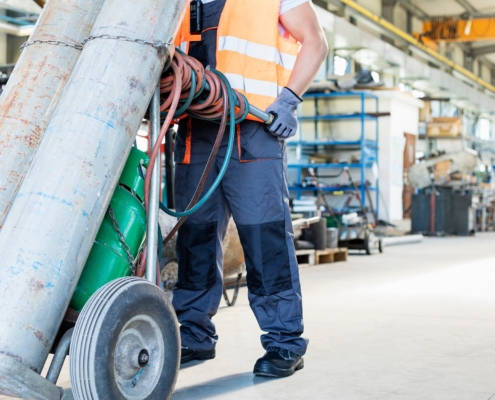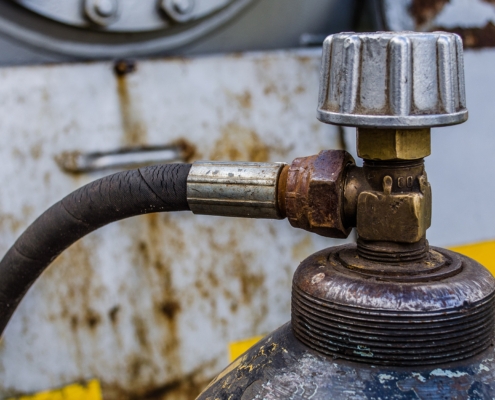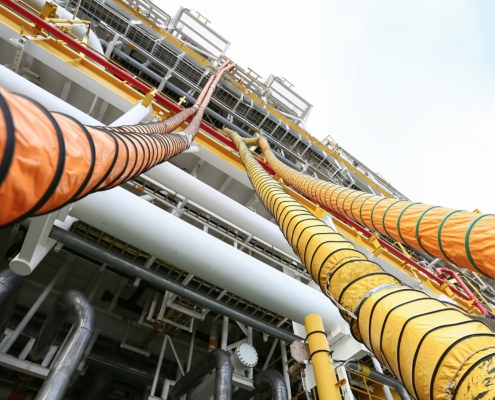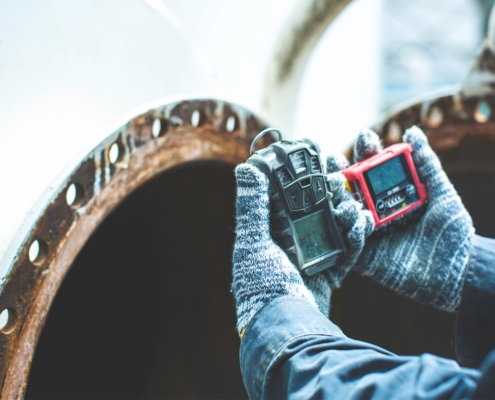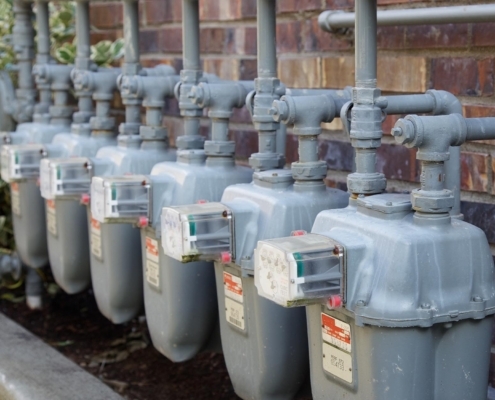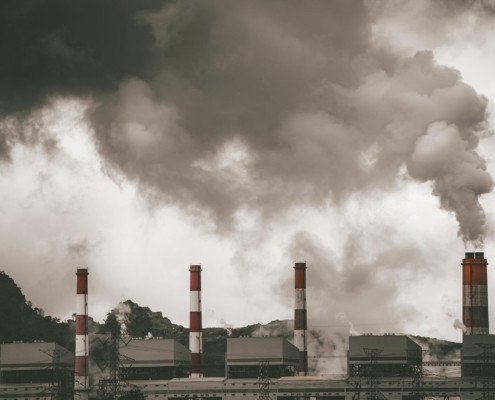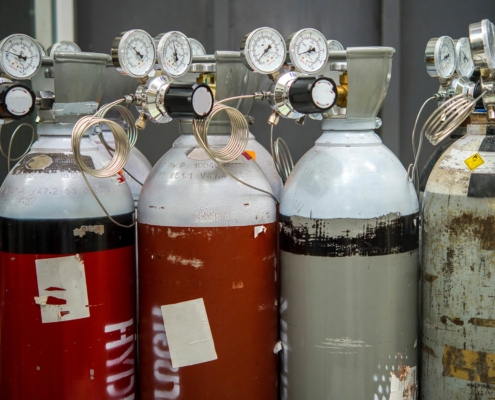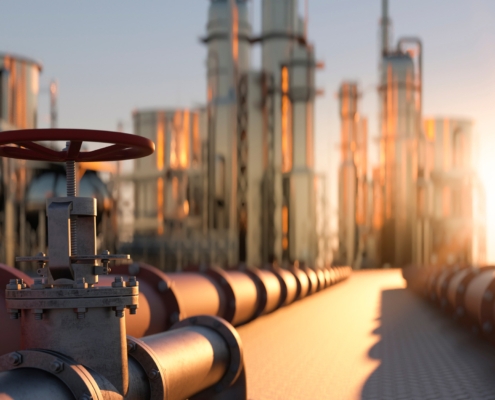Specialty gases are high-purity gases, or carefully prepared gas mixtures, used in applications that require precise composition and consistency. Unlike standard industrial gases such as nitrogen or oxygen used in bulk for cutting or welding, specialty gases are often used in much smaller volumes but play a far more critical role in processes where accuracy and performance are non-negotiable.
These gases are essential in industries that rely on tight quality controls, advanced instrumentation, or sensitive manufacturing environments. Even small variations in gas composition can affect calibration results, product outcomes, or system integrity, so specialty gases must meet stringent purity and certification standards.
Some common forms of specialty gases include:
- Pure gases like argon, helium, hydrogen, and carbon monoxide at extremely high purity grades
- Precision gas mixtures, often custom-blended to exact specifications for testing or calibration
- Calibration gases used for tuning sensors, detectors, and laboratory equipment
- EPA protocol gases certified for emissions monitoring and environmental compliance
These gases are typically packaged in smaller cylinders or containers and are often traceable to national or international standards, especially when used for regulatory or laboratory work.
In short, specialty gases are the behind-the-scenes enablers of accuracy, safety, and innovation in industries that demand nothing less.

